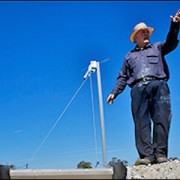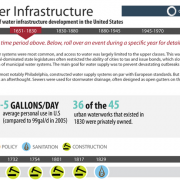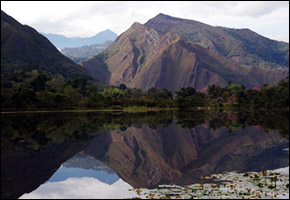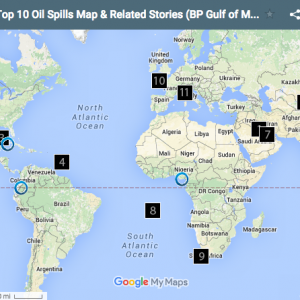USGS Reports Declining Water Supply, Rising Mineral Wealth in Kabul
Mining for Kabul’s untapped reserves could further compromise the area’s already fragile water resources.
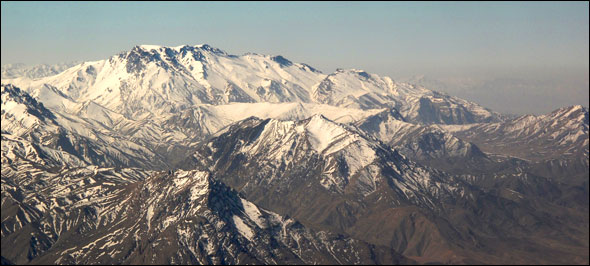
Kabul is mineral rich, but water poor according to a pair of studies released last week by the U.S. Geological Survey (USGS).
Research revealed that population growth and climate change may strain water resources in Kabul over the next 50 years. The news was offset by the discovery of an estimated $US3 trillion-worth of untapped minerals, including large reserves of lithium, iron, copper, gold and mercury, in the country.
Kabul—a city which currently houses 4 million people–has no sanitation and wastewater treatment facilities according to the USGS report. Meanwhile, the city’s population is predicted to increase by 5 million by 2057. Refugees who are returning to the area will contribute to the growth and could increase the demand for drinking water six-fold, Reuters reports.
The prospective development of Afghanistan’s mineral reserves along with the mounting pressures from population growth and climate change have the potential to impact both the quantity and quality of its water supply, increasing the imperative for sound management.
While the links between water and mineral mining have not been discussed as the findings are analyzed, the issue has been raised in the past. In 2008 the Chinese Metallurgical Construction Corp. acquired copper deposits located near Kabul, and intended on surface mining the estimated 240 million tons of copper. Locals were concerned about the effect surface mining would have on Kabul’s water supply, the Guardian reported.
Copper mining creates highly toxic wastewater that has the potential to contaminate water sources, according to a 2008 report by Integrity Watch Afghanistan, an organization that monitors and researches the country’s development.
Some Afghan officials suggested the wastewater be recycled.
“The sediment will go into a holding lake, and the water will be cleaned and then provided for agriculture,” Abel Rahman Asharf, chief mining and energy adviser to President Hamid Karzai, told reporters.
Given that Kabul’s water supply is tenuous, failure to properly manage the toxic waste would be socially and environmentally disastrous to the the region, according to Integrity Watch Afghanistan.
Although Kabul does have a deep aquifer, serious doubts have been raised about the sustainability of large withdrawals. Meanwhile it has been projected that at least 60 percent of shallow groundwater supply wells could go dry, according to ReliefWeb, a UN website for humanitarian news.
“The issue of water management is crucial for the future of Afghanistan,” Said Jawad, Afghanistan’s ambassador to the United States, told Reuters.
Sources: USGS, AFP, the Guardian, Reuters, ReliefWeb, Integrity Watch Afghanistan


